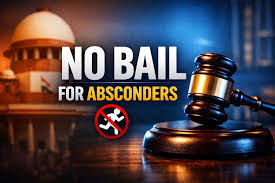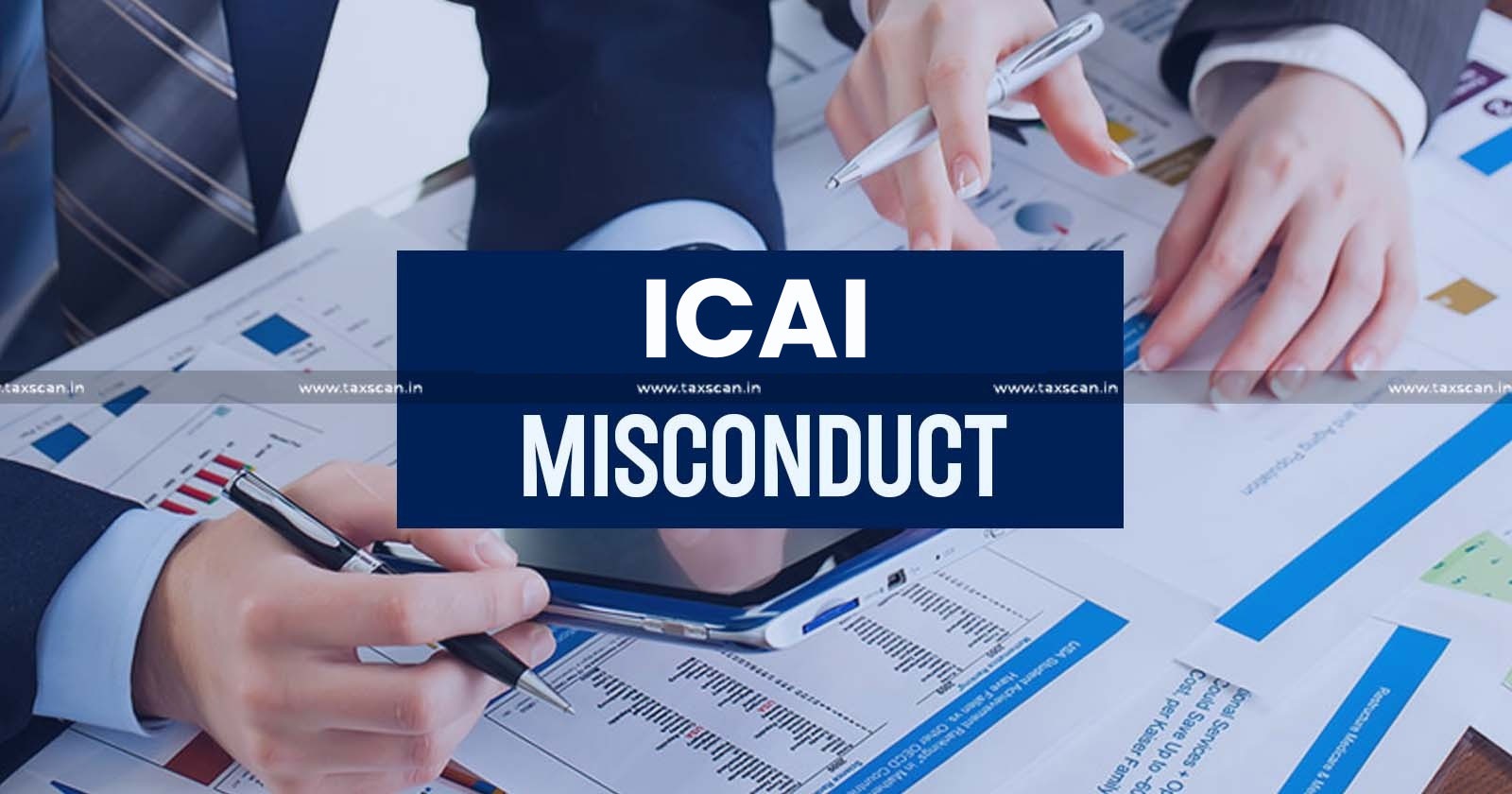1. THE facts that are not in dispute are, the complainant''s husband one Malla Reddy took Jeevanmitra policy with Double Accident Benefit from the Opposite Party. THE policy commenced from 15-4-88 and the complainant''s husband paid the first premium. Unfortunately before the second premium fell due on 15.4.89, the complainant''s husband on 13.2.89 at about 9 p.m. died due to accident. THE complainant preferred the claim. Along with the claim she submitted the Medical Attendant''s Certificate by a Doctor. In column 5 (b) of the said certificate it was clearly mentioned that the patient has consumed alcohol. This may be considered as the cause for the accident. In the investigation report also it was mentioned that the complainant''s husband was smelling of alcohol. Hence the Opposite Party offered to pay a sum of Rs. 82,480/- towards the claim of the complainant under the policy, being the benefit under the policy and also one accidental benefit. THE said sum was accepted by the complainant on 21.12.89 and she passed on stamped receipt for the same. In the receipt it was clearly mentioned that the said sum of Rs. 82,480/- was accepted including the amount of bonus in full and final settlement in discharge of all her claims and demands under the abovementioned policy on the life of the complainant''s husband, who died on 13.2.89. THEreafter, this complaint was filed in the year 1993 claiming balance of the amount of Rs. 40,000/- being second accidental benefit.
2. THE claim was opposed mainly on the ground that the investigation of the Insurance Company revealed that the policy holder drove the scooter without head lights during night time and in an intoxicated condition and hit a stationary bullock cart which was on the road side which resulted in accident. But in clause 10 of the policy the Corporation shall not be liable to pay the additional sum if the death of the life assured is caused while the Life Assured is under the influence of intoxicating liquor and other related provisions. It is therefore, their case that they are not liable to pay Double Accident Benefit amount of Rs. 40,000/-. It is also stated that the complainant accepted the amount in full and final settlement and that, therefore, she is not entitled to claim any more under the policy. A plea was also taken that the claim was barred by limitation. THE District Forum held that since the Insurance Company accepted their liability under the policy to pay Double the sum assured and they are, therefore, under obligation to pay the entire amount due under the policy including the Double, Accident Benefit with bonus.
With regard to the plea that there was full and final settlement, the District Forum held that she might not be conversant with the terms and conditions of the policy and she must have believed the representation made by the representatives of the Opposite Party and amount was sent through cheque and hence the acceptance of the cheque for Rs. 82,480/- does not absolve the Opposite Party from its liability to pay the full amount as per the conditions of the policy. It also held that the period of limitation is 6 years under the residual article and that, therefore, the claim is not barred by limitation. It accordingly directed payment of Rs. 40,000/- with interst at 12% from the date of default and also Rs. 200/- towards costs. Sri I. Dakshina Murthy, the learned Counsel for the appellant firstly submitted in view of condition 10 of the policy, if the complainant''s husband was under the influence of intoxicating liquor they are not lible to pay. In support of his contention the Counsel relied upon the Medical Attendant''s Certificate sent alongwith the claim form, the FIR and Inquest Report, wherein it was clearly mentioned that the complainant''s husband was under the influence of the drink and he is smelling of liquor at the time of accident. On the other hand Sri Vinod Kumar Deshpande, the learned Counsel for the respondent submitted that, the Post Mortem Certificate is a crucial document to decide whether the complainant''s husband was under the influence of the drink or not at the time of accident, according to him in the Post Mortem Certificate no mention was made of any smell of liquor and that, therefore, it must be taken that the complainant''s husband was not under the influence of the drink at the time of accident. But it is to be seen on a consideration of the over all evidence, this is a case of mere Commission to mention that the complainant''s . husband is smelling liquor in the Post Mortem Certificate. Post Mortem was done are day after accident. The other documents referred to above clearly mentioned that the complainant''s husband is smelling liquor and he is under the influence of the liquor at the time of accident. Having regard to condition No. 10 and as the Opposite Party has made reasonable enquiries, then only it came to the conclusion prima facie the complainant''s husband was under the influence of the liquor. We consider that the repudiation of the Insurance Company t pay to second accident benefit of Rs. 40,000/- is neither arbitrary, capritious nor based on any extraneous circumstances. We are, therefore, satisfied under condition 10 the Complainant is not entitled to payment of the said amount.
We are also satisfied that the complainant accepted the amount of Rs. 82,480/- in full and final settlement of her claim under the policy. The complainant signed the receipt on 21.12.89, if really the complainant accepted the cheque, on account of mis-representation made by the Opposite Parties officials she would not have kept quite for a period of 4 years before filing the complaint. Surprisingly after 1989 the complainant did not write to the Opposite Party at any time prior to the complaint demanding the said sum of Rs. 40,000/-. Having regard to the circumstances of the case we are satisfied that the complainant accepted amount of Rs. 82,480/- in full and final settlement for claim under the Insurance Policy including bonus. But it is submitted by the learned Counsel for the respondent that the complainant is a lady and might not even be aware of all the circumstances and was induced by the officials to accept the same. Even if there is any such inducement, we are not inclined to accept the contention. It would have not taken 4 years for the complainant to come forward with this claim. Hence (in this ground also the complaint is liable to be dismissed. There is an another ground on which this complaint is liable to be dismissed. The complainant accepted the sum of Rs. 82,480/- on 21.12.89, if she wanted to claim further amount she would have claimed the sum within the period of 3 years from the date of acceptance i.e. 21.12.89. Since the complaint is admittedly filed in the year 1993, we are satisfied the same was barred by time. The learned Counsel for the Opposite Party submitted that relying on the decision in Vellinayagan and Co. v. New India Assurance Company Ltd. 1992 (I) CPJ 313 (National Commission) wherein the National Commission held that the Limitation Act in terms does not apply to the proceedings before the Consumer Protection Forums. According to the Counsel for the appellant under Section 44(b) Limitation Act of 1963, the period of 3 years laid down for preferring any claim if it relates to money, as it is a case of the claim that relates to payment of the amount, according to the Counsel as tine period of 3 years limitation act applies the claim is barred by time. We are inclined to accept this contention. In this case the claim was filed after a period of 4 years, we are, therefore, satisfied that it is barred by limitation. For all the aforesaid reasons we are inclined to interfere with the findings of the District Forum. We accordingly allow the appeal and set aside the order of the District Forum. In the circumstances of the case there shall be no order as to costs in this appeal. If the complainant has withdrawn the amount of Rs. 200/- towards costs, awarded to him by the District Forum the complainant need not redeposit the same. This will not proclude the complainant from approaching the Civil Court, as we have mainly dismissed the claim on the ground that there is no deficiency in the service rendered by the Opposite Party. Appeal allowed without costs.

